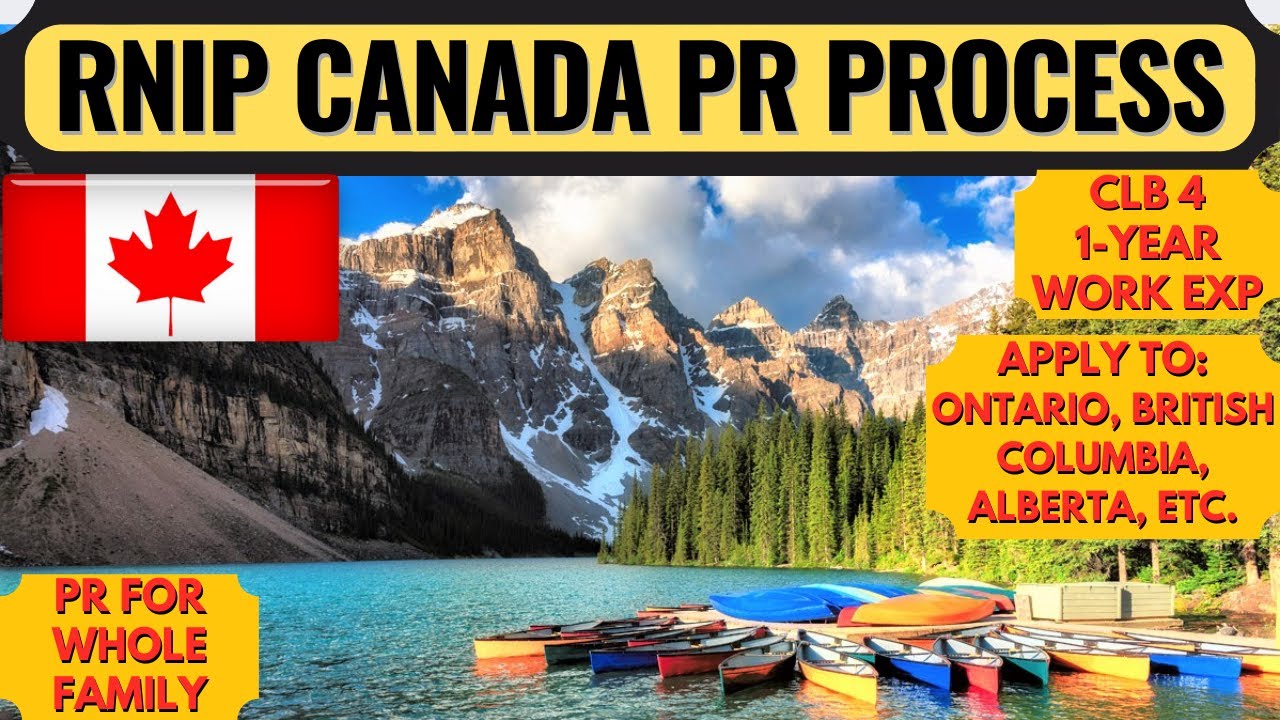Detailed explanation of Canada RNIP immigration project in 2024: the latest policy and application guide for small town skilled immigrants
Canada's Rural and Northern Immigration Pilot Program (RNIP), a key promotion project of the federal government, will see major policy adjustments in 2024. The latest data from the Immigration Department shows that the approval rate of this program in 2023 will reach 78%, significantly higher than the regular skilled immigration channel.
RNIP core changes in 2024
1:Added participating communities
Sudbury, Ontario expands annual quota to 450 people
Altona, Manitoba opens applications for the first time
2:Occupation list updated
12 new in-demand occupations (including medical care, heavy machinery maintenance)
9 saturated occupations deleted (including food service, retail supervisors)
3:Language requirements adjusted
NOC 0/A category positions: CLB6→CLB5
NOC C/D category positions: CLB4 standard remains unchanged
Application Qualifications and Process
Basic requirements:
▪︎1 year of continuous relevant work experience in the past 3 years
▪︎High school degree or above (ECA certification required)
▪︎A full-time offer from a designated community employer
▪︎Meet community settlement fund requirements (starting from $12,960 CAD for singles)
Four-step application process:
1: Community matching (through an officially designated agency)
2: Employer applies for a Labor Market Impact Assessment (LMIA) exemption
3: Submit a permanent residence application
4: Complete a 2-year residence commitment after landing
Key factors for success
▪︎Employer matching: must be certified by the community economic development agency
▪︎Settlement plan: requires detailed proof of residence intention
▪︎Timeline: Three rounds of draws in 2024 (March/July/November)
Note:
Some communities implement a "first come, first served" system. It is recommended to prepare materials 6 months in advance. All applications must be submitted electronically through the federal immigration system (IRCC).
